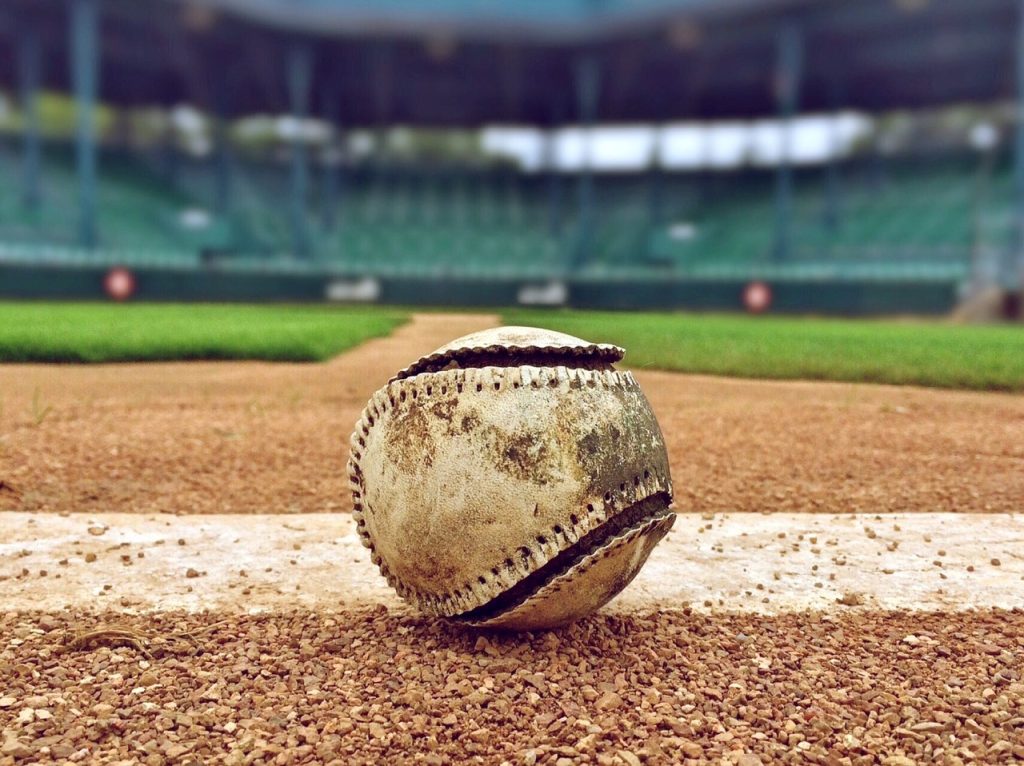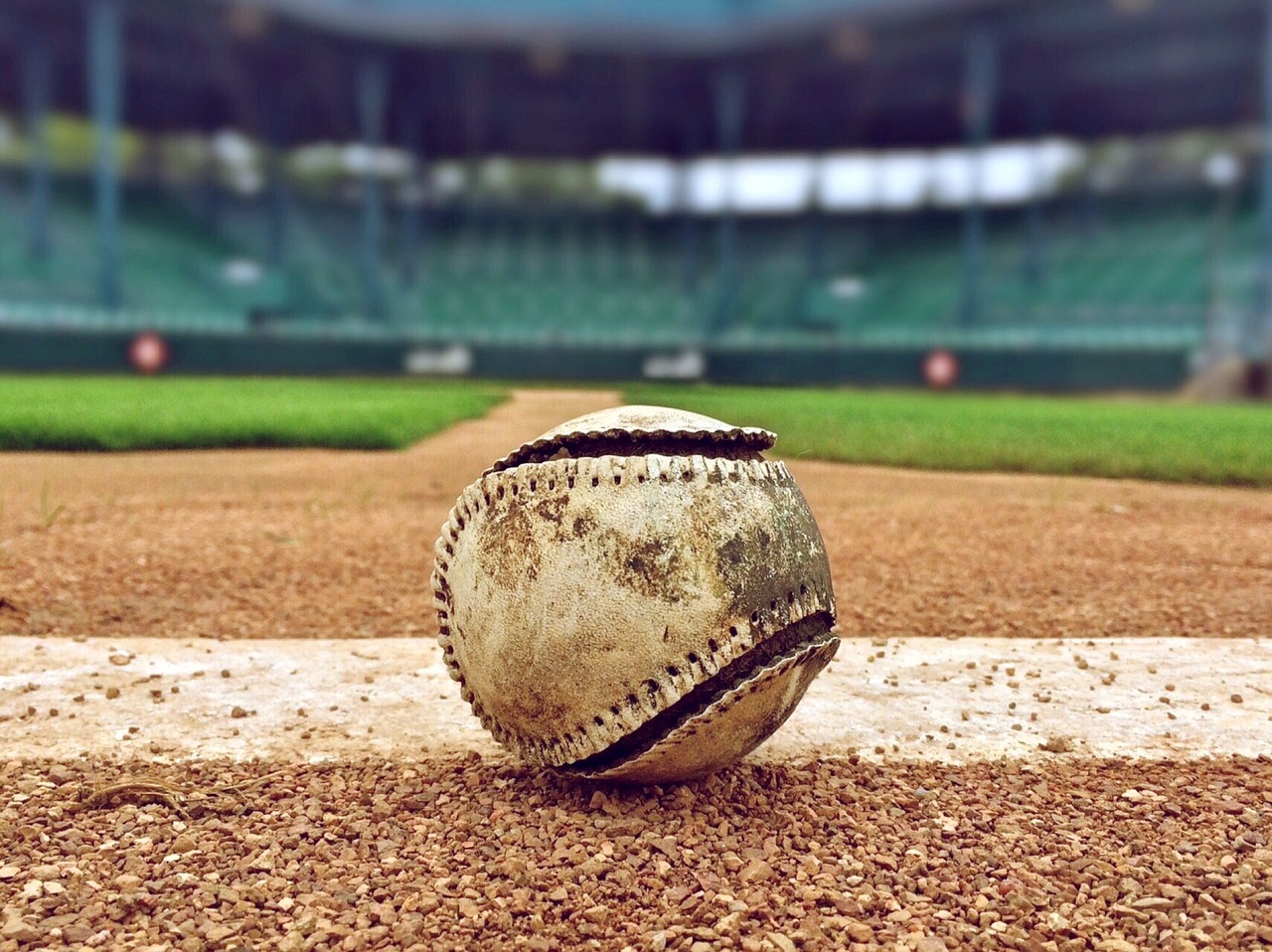Baseball is a beloved American pastime, known for its exciting plays and strategic gameplay. One question often asked is, “how long is a baseball game?” While there’s no definitive answer, several factors contribute to game duration. In this article, we’ll explore the factors affecting baseball game length and discuss the average duration for various levels of play, such as Major League Baseball (MLB), college, and youth games. We’ll also address the impact of game duration on fans and players and suggest ways to shorten baseball games.

Factors Affecting Baseball Game Length
- Number of innings: A standard baseball game has nine innings, but extra innings can be played in case of a tie, increasing the game length.
- Pitching changes: More pitching changes result in longer games, as each change takes time to complete.
- Number of runs scored: Higher-scoring games often take longer, as more time is spent on base running and celebrating runs.
- Commercial breaks and TV timeouts: Broadcasted games have commercial breaks and TV timeouts, which can add to the overall game length.
- Weather conditions: Rain delays or other weather-related interruptions can extend game duration.
Average Length of Baseball Games
Major League Baseball (MLB)
MLB games typically last around 3 hours, with some variation depending on the factors mentioned earlier. Extra innings and playoff games tend to be longer.
College Baseball
College baseball games usually have a shorter duration than MLB games, averaging around 2.5 hours. However, this can vary depending on factors like pitching changes and scoring.
Youth Baseball
Youth baseball games generally last between 1.5 to 2 hours, as they often have fewer innings and a faster pace.
Impact of Game Duration on Fans and Players
Longer games can lead to decreased fan engagement and lower stadium attendance.
Players may experience fatigue during extended games, potentially affecting their performance and increasing the risk of injury.
Ways to Shorten Baseball Games
- Implement a pitch clock: A pitch clock can limit the time pitchers have between pitches, speeding up the game.
- Reduce mound visits: Limiting the number of mound visits can help maintain the game’s pace.
- Minimize commercial breaks: Reducing the length and number of commercial breaks during televised games can shorten overall game time.
- Enforce a quicker pace of play: Encouraging players to be ready to play and limiting the time between innings can help maintain momentum and reduce game length.
Conclusion
The length of a baseball game depends on various factors, including the level of play, number of innings, and pace of the game. While MLB games typically last around 3 hours, college and youth games are generally shorter. Finding ways to shorten baseball games can improve fan engagement and reduce player fatigue, ensuring the continued enjoyment of this classic American sport.

